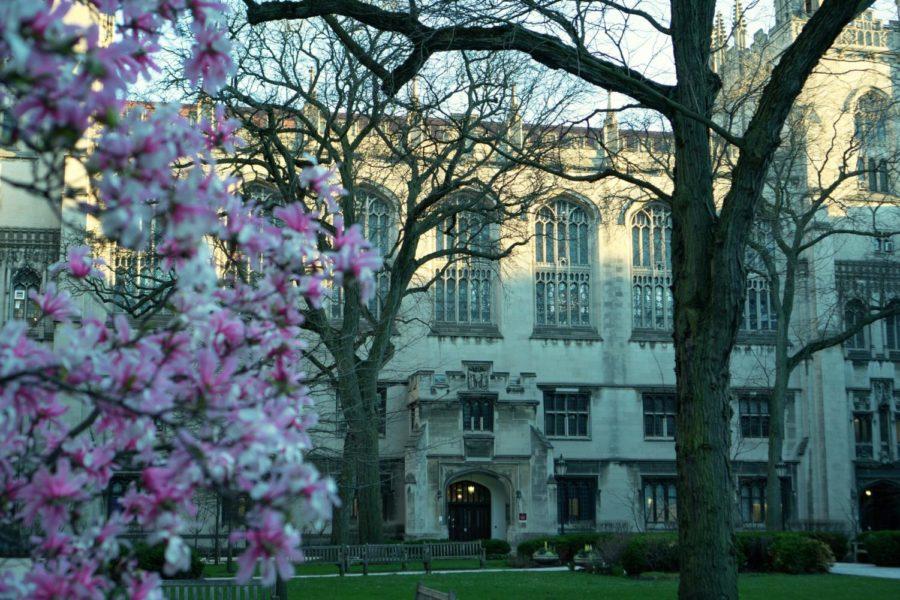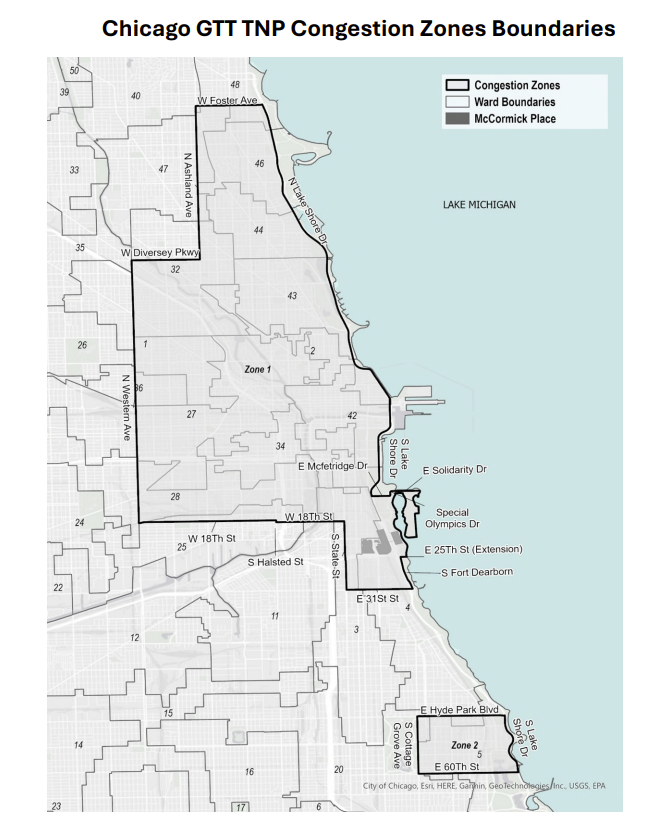UChicago is expanding its global presence with nine new and renewed study abroad programs starting in the next academic year. These include two new civilizations programs in Dakar and Vienna, two renewed civilizations programs in Beijing and Pune, and five new thematic programs in Hong Kong, London, and Paris.
A new global studies thematic program in Hong Kong, starting next winter, will satisfy three major requirements and include the option to study either Cantonese or Mandarin. “We cannot think of a better place for a global studies sequence,” staff at the Study Abroad Office wrote in an email to The Maroon. “The city’s history (and its present!) offers countless opportunities to engage with ideas and concepts ranging from colonialism to globalization, to nationalism, to transnational capitalism.”
It will be the first study abroad opportunity at UChicago’s Yuen Campus in Hong Kong since fall 2019, when escalating protests in the city forced the University to cancel or relocate programs it had previously hosted there. In their email, the Study Abroad Office said the University felt the campus was now safe for students, though it would “continue to monitor the situation closely with our colleagues at the Campus in Hong Kong in the months leading up to the program.”
Two study abroad opportunities previously based in London—an economics program and the Gender and Sexuality in World Civilizations sequence—are moving to its newly expanded Center in Paris, almost triple the size of the University’s existing facility there, when it opens next year.
“With the new center set to open, we will have significantly more space to accommodate additional programs,” the Study Abroad Office said. “Faculty initiated the move from London, which makes sense at this time, given the University of Chicago’s expansion of the Center in Paris as an intellectual destination for faculty, students, and alumni worldwide, and an important convening point for the University’s collaboration with universities and research institutions across Europe, the Middle East, and Africa.”
The Democracy sequence will replace those relocated opportunities in London starting next winter. The program includes both the primary sequence, which surveys the ideas behind democratic society, its history, and its future, and a quarter-long archival research independent study.
In addition to the programs moving from London, three entirely new opportunities will come to the Center in Paris next year: department-based programs in psychology and philosophy and an interdisciplinary option led by the University’s Institute for the Formation of Knowledge. The latter program includes courses on language’s role in knowledge formation, the interplay between the sciences and the humanities, and intellectualism in Paris in a single decade in the 17th century, as well as a French language course.
The University will also offer two new ways to satisfy the civilization studies requirement abroad next spring. The Colonizations program, which focuses on the history and continuing implications of colonialism worldwide, will take place in Dakar, a Senegalese city that was once colonized by France. Students in the program will study either French or Wolof, the most widely spoken language in Senegal, in addition to Colonizations courses. The sequence is also offered every other year at the Center in Paris.
The new Music in Western Civilization program will complement the University’s existing civilizations options in Vienna. Students will take the equivalent of a two-quarter sequence examining the past 1,000 years of Austrian and Western music, a course on historical Viennese culture that satisfies the arts Core requirement, and a German language course.
Two civilizations options in Asia that the University offered in the past, the East Asian Civilizations program in Beijing and the South Asian Civilization program in Pune, near Mumbai, will also return this fall for the first time since before the pandemic. The programs survey the history and culture of East Asian and South Asian societies, respectively, and require study of a local language. The Pune program offers a choice of several South Asian languages, including Hindi and Marathi.








